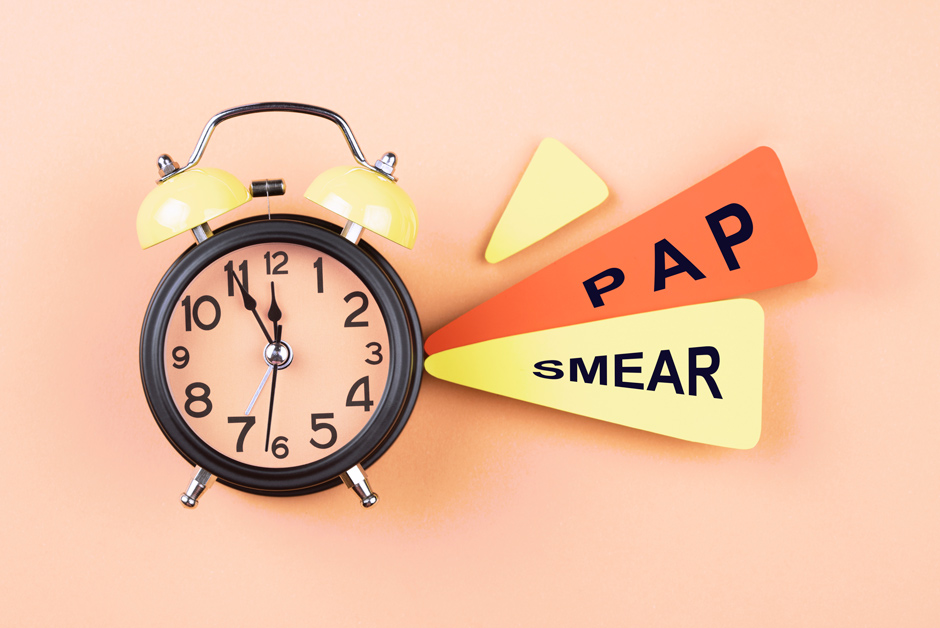Are you preparing for a medical abortion or supporting a loved one who will be taking the abortion pill? Looking for advice on maintaining your wellbeing during a medical abortion? Even when you’re sure you’re not ready to be a mother yet, you may be feeling anxious and apprehensive about the abortion process.
Thankfully, abortion is a very safe procedure with few associated side effects and risks. There is no evidence to suggest that an uncomplicated abortion is harmful to a woman’s health or future fertility in any way. In fact as the Royal College of Obstetricians and Gynaecologists assert, as long as it is carried out in line with best practice, an abortion (whether surgical or via medical abortion pills) is statistically safer than carrying on through pregnancy and giving birth.
Abortion pills are the treatment of choice for early pregnancy terminations in the UK. Many women prefer them because they are not invasive and don’t call for anaesthetic. What’s more, if you’re unable to get to a clinic in person, recent changes in the law allow you to access abortion pills by post.
However, as straightforward and safe as abortion generally is, it is important to take care of your welfare through the process and ensure you have proper medical supervision. If you’re not ready to be a mother yet and will be accessing the abortion pill, or if you want to know how to look after a loved one during the process, read on and we explain the dos and don’ts.
First things first: how do medical abortion pills work?
Medical abortion (termination via abortion pills) is when a pregnancy is terminated with the use of hormone medications that trigger miscarriage.
You take two different pills at different times. The first one (mifepristone) blocks the essential pregnancy hormone progesterone. This stops the pregnancy from developing any further and causes it to break off from the womb’s wall. The second medication (misoprostol) induces uterine (womb) contractions which discharge the pregnancy through the vagina.
You take the first pill 24-48 hours before the second one. After the first pill you may not notice any symptoms at all. But from 30 minutes to a few hours after taking the second pill, the miscarriage will begin. So you should try to be resting at home by this point.
So at what stage of pregnancy can misoprostol be used? You can generally opt for termination via abortion pills up to 10 weeks. Whilst it is possible to undergo medical abortion later in the pregnancy, it would be more painful and we don’t recommend it.
Most women seeking an early pregnancy termination in the UK choose abortion pills because this process is non-invasive and you won’t need anaesthetic. You can also rest at home in familiar and comfortable surroundings through the process.
That said, it is important to look after yourself and ensure you have proper medical supervision available. So what are the dos and don’ts? Read on for our 12 tips for maintaining wellbeing during medical abortion.
12 tips for maintaining wellbeing during medical abortion
1. Book time off work
You will want to be off work for at least the day that you’re taking the second abortion pill because this is when you will miscarry. On this day, you will experience pain and often a fair amount of bleeding as the pregnancy passes. In addition to medical abortion bleeding and cramping, about 10% of women also experience sickness, diarrhoea and vomiting. In the days following the second abortion pill, you can expect some further bleeding and cramping, but this should get milder as the days go by.
You can’t predict exactly how you will feel so it’s a good idea to plan for a few days off work. With this in mind, some women schedule their second abortion pill for a Friday so that they have the weekend to recover.
2. Take ibuprofen and paracetamol together, when you take the second abortion pill
Many women say the pain of passing the pregnancy is stronger than a heavy period. So it is a good idea to prepare by taking both ibuprofen and paracetamol together, when you take the second abortion pill (misoprostol). This is because about half an hour to a few hours after this, you can expect the miscarriage (and the pain) to start. Taking two different mild painkillers that can safely be used together (as ibuprofen and paracetamol can) and doing it ahead of time, gives them the chance to start working before the miscarriage begins.
3. Invest in a hot water bottle
If you don’t already have one, invest in a hot water bottle as it can really help with the cramps and provides cheap, targeted heat pain relief.
4. Get your resting environment clean and tidy beforehand
If at all possible, get your resting environment clean and tidy before you take your second abortion pill. During medical abortion the last thing you’ll feel like doing is cleaning. It’s a cliché but there is a lot of truth to the statement ‘messy bed; messy head’. If you’re in pain and feeling hormonal and you look around to see mess and disorder, it won’t help your mood. Remember medical abortion (and surgical abortion for that matter) brings hormonal changes that can cause you to feel tired and emotional. So a calm, restful environment will make all the difference. If you can, enlist your partner or a cleaner to help out so it’s one less thing for you to do.
5. Get the binge media ready
When you’re tired, cramping and probably quite emotional, you’ll want some good TV and/or podcasts queued up to give you a bit of distraction relief. But when it comes to distraction, what’s your poison? Some people love romcoms, others reality TV and still others true crime podcasts. We’d suggest trying to keep it on the lighter side if you can – you’ll be hormonal, and content that offers lightweight escapism and a bit of laughter is a good idea. When you’re not feeling good, making decisions like what to watch can seem like a bigger deal than normal, so if you can, choose the binge-boxsets before you take the second abortion pill.
6. Have easy-to-eat food in the kitchen
Soups, crusty bread and bland ready meals are a good idea to have in the kitchen before the abortion pill.1 in 10 women experience some sickness and diarrhoea after the abortion pill, so you’ll want to plan for that possibility by having some easy-on-the-tummy food in. On the other hand, you may also want to have some sweet treats at the ready for when your tummy allows and your mood craves some comfort food.
7. If possible, have a loved one around
Women have medical abortion under varying circumstances. Some women are in long-term relationships with supportive partners who are around. Some have supportive partners who are working overseas when the time comes. Some women are single.
If you have a supportive partner with you when it’s time to take the abortion pill, great. If not, try to enlist a close friend or family member to spend some time with you. You’ll be feeling drained and hormonal and you will likely have experienced some physical pain. So having a loved one around that you won’t feel self-conscious with will be helpful. Even if they can’t be there the whole time – seeing a friendly face will likely lift your spirits.
8. Rest
Rest for at least the day you take the second abortion pill and possibly for a couple of days afterwards. You will have experienced cramping, bleeding, swift hormonal changes. Giving your body a few days to recover will usually help you to bounce back better. So listen to your body. When you feel comfortable you can usually get back to normal activities like bathing and exercising. Keep in mind that medical abortion can make you feel lightheaded so don’t have a shower or bath if you are experiencing light-headedness. Avoid intense exercise or heavy lifting for at least the first few days. And when in doubt, ask your medical team for advice.
9. Use sanitary pads for bleeding, not tampons
Invest in some heavy-flow sanitary pads or even thick maternity pads for the day you take your second abortion pill. As the days go by, you should be able to transition to lighter sanitary pads. Avoid tampons or menstrual cups completely. Change the pads as often as you need to, but at least every few hours.
10. Avoid alcohol
Abortion pills create cramps, hormonal shifts, and for 1 in 10 women nausea and vomiting. The worst thing you can do is pour alcohol on top of them, so save the wine until you feel recovered.
11. Don’t douche or use soap inside your vagina
This can elevate the chance of infection after medical abortion. Remember that your vagina is a self-cleaning organ. You can expect it to expel bacteria as necessary via discharge. Using soap inside the vagina – especially at a time like this – can disturb your vaginal pH and make infection more likely, so put down the douche.
12. Make sure the process is properly medically supervised
Dr Aka, Consultant Gynaecologist at The Gynae Centre says: “Abortion pills (including abortion pills by post) are generally very safe, provided they are administered after proper pre-assessment with an experienced medical professional. What’s more, you need access to good quality aftercare.
“But these days, it is possible to access anything on the internet, including contraband abortion pills – and then you have no way of knowing if they actually are what they say on the label. And even if you go to a web medicine outfit that claims to offer ‘assessment’, you’re usually looking at an online form, no conversation with an actual medical professional, and no aftercare either. Nothing is more important than your health, so never opt for quick-click abortion pills – it just isn’t worth it.”
Here at The Gynae Centre, our medical abortion packages are fully comprehensive. They encompass scans, blood testing and assessment with leading Consultant Gynaecologists, in addition to aftercare with a 24-hour support line in the weeks after your abortion, should you have any concerns whatsoever. We also offer abortion pills by post after in-depth video or telephone consultations with our Consultant Gynaecologists. We take full medical history to ensure there are no contraindications and we answer each and every question you may have, to ensure you know exactly what to do and what to expect.
To find out how we can help, call us on 020 7580 8090 or book online.






